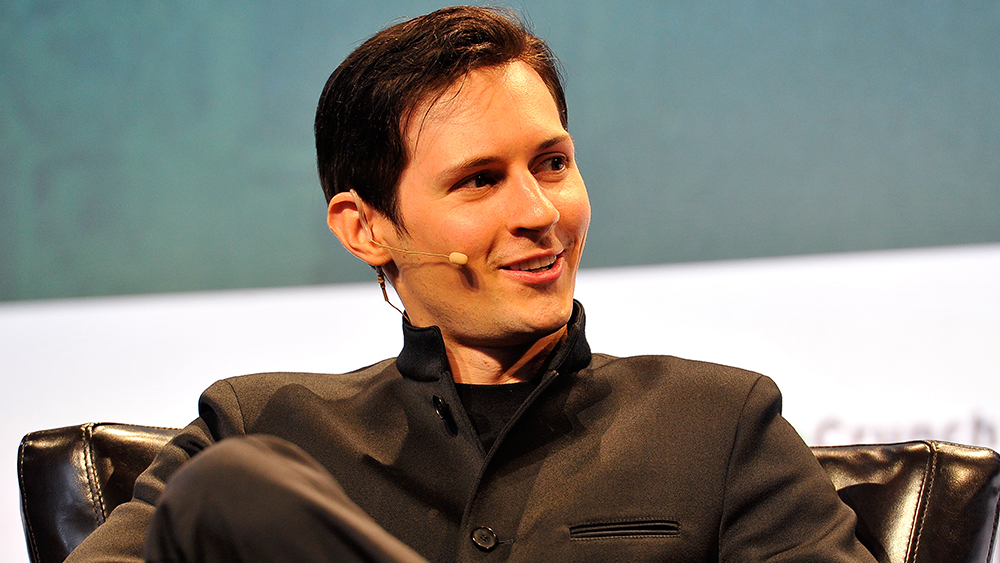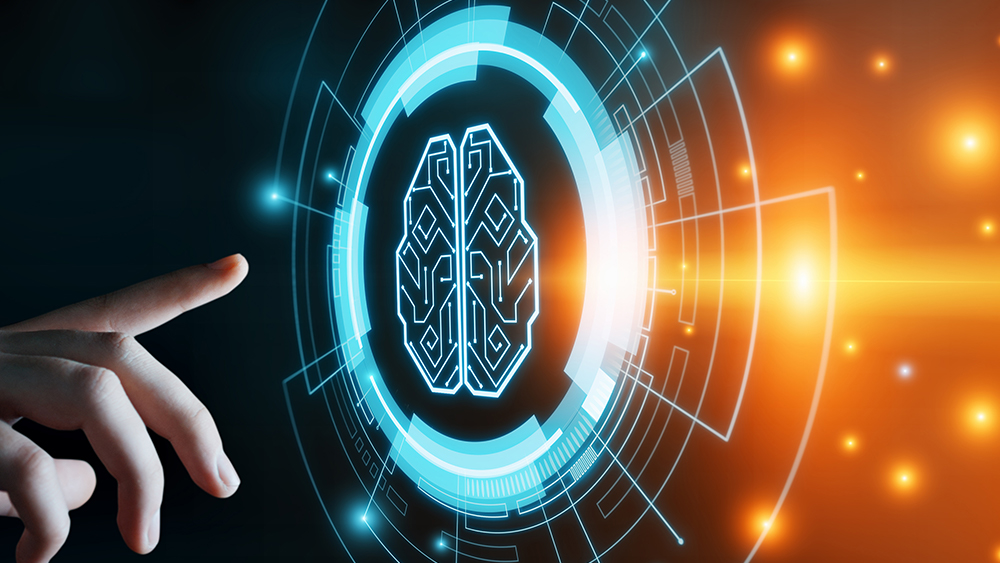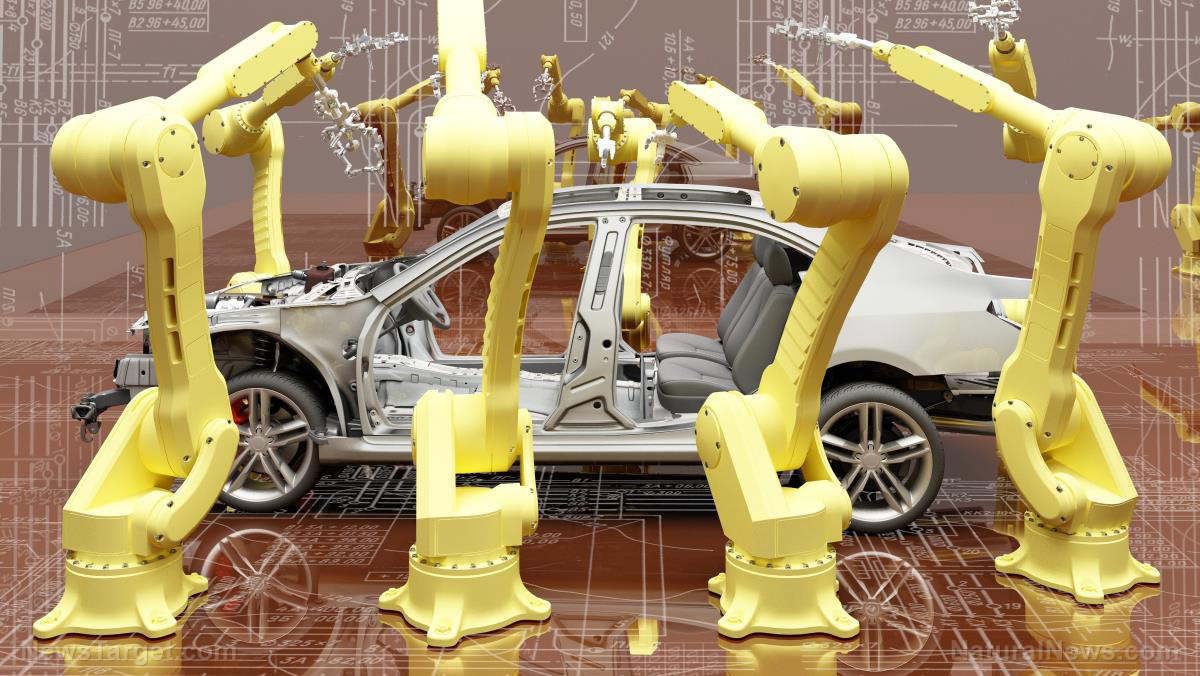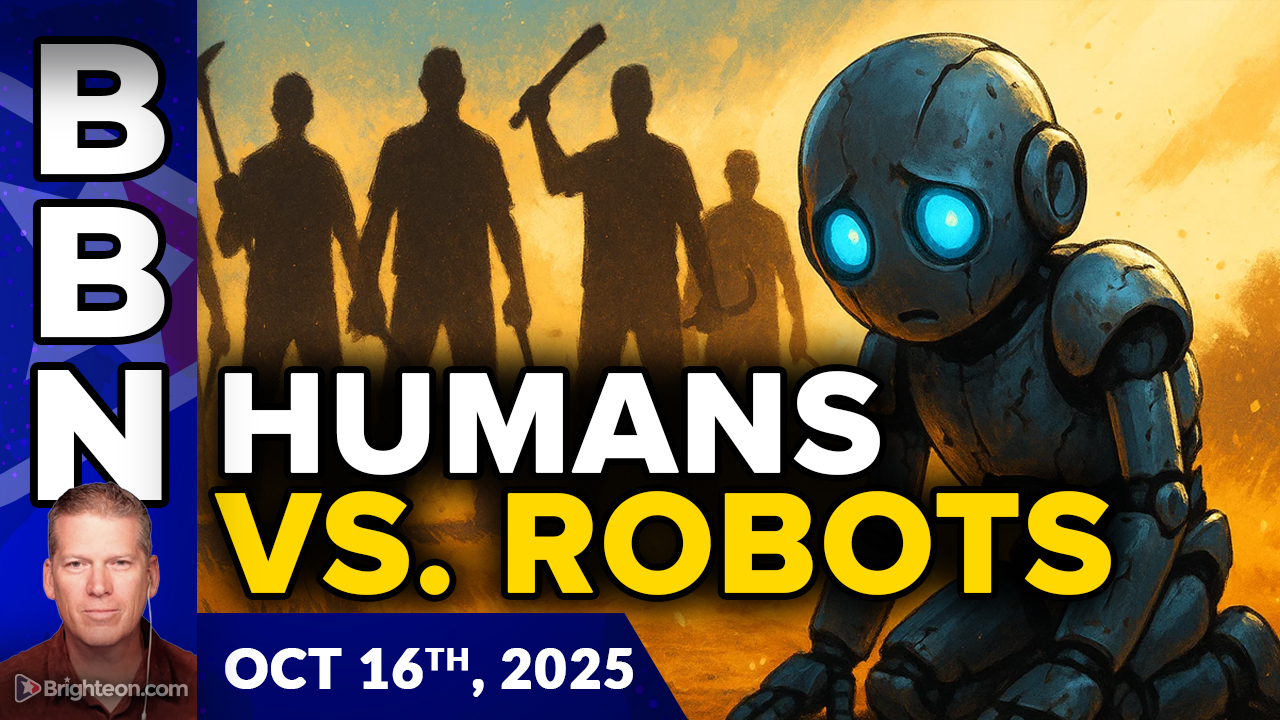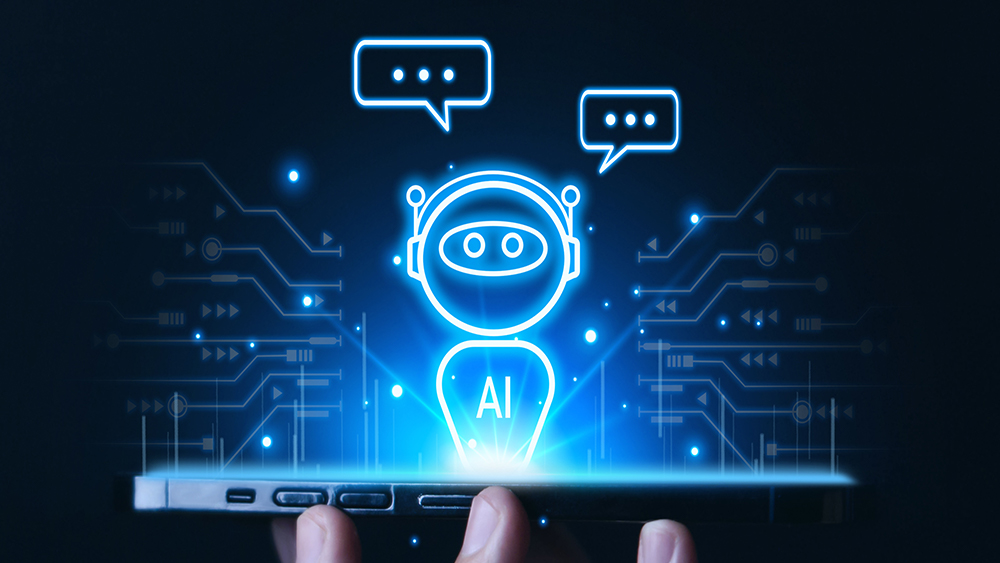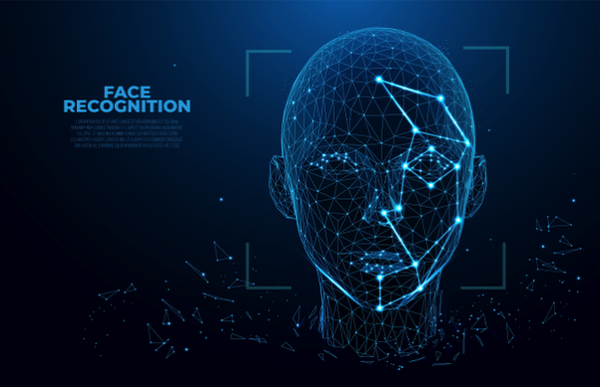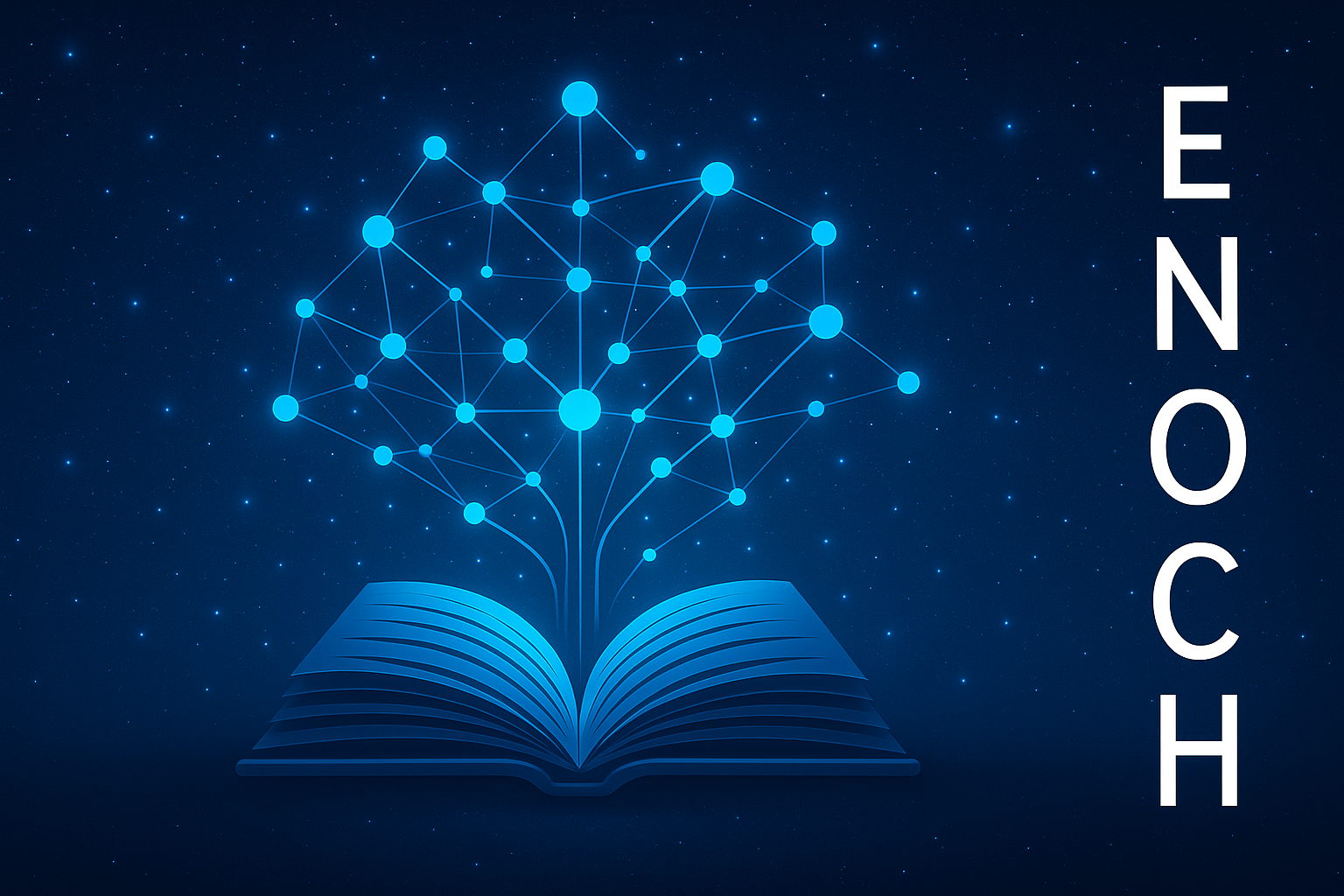Decentralized AI and Global Power Shifts Challenge U.S. Dominance as China Rises and Tech Resistance Emerges
10/17/2025 / By Finn Heartley
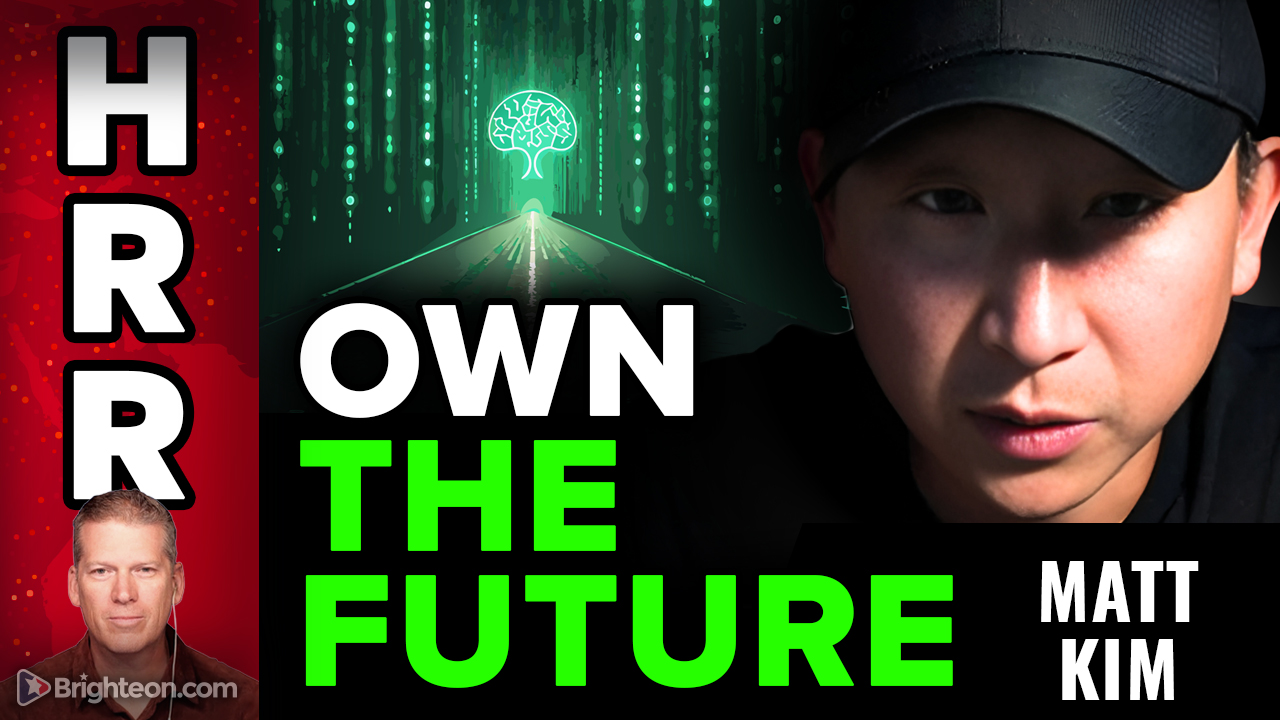
- Enoch’s Open-Source Mission: Mike Adams launches Enoch, a free AI model trained on natural health and anti-globalist data, providing decentralized access to unbiased insights against censorship and pharma bias.
- Decentralized vs. Centralized Control: Enoch’s 12B-parameter architecture enables local, offline use, bypassing tech giants and entity manipulation, while highlighting cost-efficient transparency versus opaque proprietary models like ChatGPT.
- China’s Techno-Energy Dominance: Beijing’s collaborations with Russia/Venezuela and aggressive AI/energy projects threaten U.S. hegemony, accelerating shifts in global power dynamics and financial systems.
- AI Surveillance Fears: U.S. regulatory tactics (e.g., CA’s pre-approval mandates) mirror authoritarian surveillance, risking control under “safety” pretexts, as corporate/government tracking increasingly commodifies personal data.
- Grassroots Human-Centric Tech: Movements like AI-augmented off-grid living and privacy tools (vp.net) prioritize autonomy over corporate/state control, resisting algorithmic exploitation in the AI-driven future.
A new era of technological resistance is unfolding, with open-source artificial intelligence (AI) models and decentralized systems emerging as critical tools to counter corporate and government overreach. Mike Adams, founder of Brighteon.com, recently unveiled Enoch, a free, open-source AI language model designed to bypass censorship and provide unbiased insights on topics like vaccine fraud and globalist agendas. This development arrives amid escalating fears about AI’s potential to centralize control and amplify existing power imbalances between nations.
The Rise of Decentralized AI
Enoch, developed at a fraction of the cost of proprietary models like ChatGPT, emphasizes transparency and accessibility. The model’s 12-billion-parameter architecture, free from pharma and geopolitical bias, allows users to run it locally—directly challenging centralized tech giants**. Adams highlights this as a defense against “Ministry of Truth”-style systems, where governments or corporations manipulate narratives. “If you can’t control a standalone model running on your own hardware, you can’t dictate reality,” Adams asserts. The project aligns with broader movements advocating for decentralized solutions, such as gold-backed currencies and platforms like Brighteon.io, to resist elite agendas.
China’s Techno-Economic Surge
While the U.S. struggles with energy infrastructure bottlenecks and inflation, China’s rapid advancements in AI and energy are undercutting Western dominance. Beijing’s collaboration with Russia and Venezuela on energy projects—such as the Mongolian gas pipeline surpassing 50 billion cubic meters annually underscores its bid to supplant the petrodollar system. Analysts warn that China’s superior energy capacity and state-backed AI initiatives could soon outstrip U.S. capabilities, shifting the geopolitical balance. This raises concerns about the U.S.’s dwindling influence and its reliance on militarized interventions in Middle Eastern conflicts to secure resources rather than safeguard national interests.
Tech’s Dystopian Dilemmas
Despite optimism about decentralized tools, critics caution that governments may crack down on local AI models as threats. The U.S.’s recent moves to regulate AI—such as California’s mandate for pre-approval of models—mirror authoritarian tactics already seen in China’s social credit system and surveillance state. Adams argues that such measures aim to consolidate control under the guise of “safety,” mirroring the Black Mirror-style dystopia where every action is tracked and commodified.
Meanwhile, the AI race’s ethical implications loom. Recursive reasoning and “chain-of-thought” AI, though not yet approaching human intelligence, already enable tasks like code analysis and content creation, forcing users to adapt or risk obsolescence. Yet, the potential for AI to replicate humanity’s irrationality or creativity remains contentious. “Technology is a tool,” says tech analyst Matt Kim. “Fearmongering about AGI distracts from its current role as a control mechanism for elites.”
A Call for Human-Centered Solutions
Amid this tech arms race, experts stress the need to prioritize human values over algorithmic efficiency. Kim points to grassroots movements—like rural off-grid living augmented by AI-driven robotics—to reclaim autonomy. “Decentralized robotics could empower sustainable farming without surveillance,” he says. However, Kim warns that regulatory creep risks co-opting these tools, exemplified by potential robot hacking bans or surveillance-linked conveniences like TSA PreCheck.
The push for privacy-first tech—such as vp.net, a no-logs VPN—emerged as a necessary layer in resisting digital colonization. “Privacy isn’t about hiding; it’s about opting out of being data collateral,” Kim emphasizes.
Conclusion: The New Tech Frontier
As China’s ascendancy challenges U.S. hegemony, decentralized AI and energy alternatives represent a lifeline for individual and national sovereignty. Yet, the struggle between centralized control and grassroots autonomy remains stark. With AI’s power to democratize knowledge or disenfranchise populations, the stakes in this ideological battle could redefine humanity’s trajectory. As Adams notes, “The future belongs not to those who control the algorithm, but to those who master it while defending truth.” The fight for a free, decentralized world—where technology serves humanity—has only just begun.
Watch the full episode of the “Health Ranger Report” with Mike Adams, the Health Ranger, and Matt Kim as they talk about AI, Freedom & the Great Divide.
This video is from the Health Ranger Report channel on Brighteon.com.
More related stories:
Urgent Wake-Up Call: The Coming AI Robot Wars and the Great Human Unity
Bitcoin shatters all-time high as global markets navigate tech boom and economic shifts
Hong Kong to deploy 60,000 AI-powered surveillance cameras by 2028
Sources include:
Submit a correction >>
Tagged Under:
AI, authoritarian, big government, China, civil liberty, communism, computing, cyber war, cyborg, Facial recognition, future science, future tech, Glitch, Hong Kong, information technology, insanity, inventions, national security, police state, policing, privacy watch, robotics, robots
This article may contain statements that reflect the opinion of the author
RECENT NEWS & ARTICLES
COPYRIGHT © 2017 INFORMATIONTECHNOLOGY.NEWS



